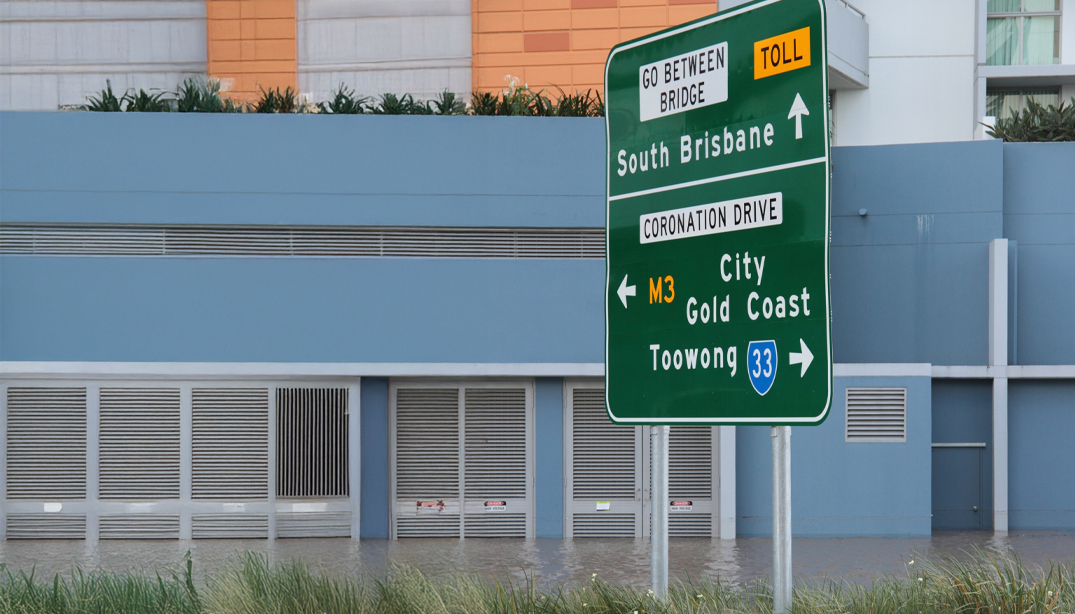The need for comprehensive cybersecurity coverage in fleet insurance
The rising threat landscape
Connected vehicle fleets offer numerous benefits, such as improved operational efficiency, enhanced driver safety, and streamlined fleet management. However, these advantages come with inherent vulnerabilities, making fleets lucrative targets for cybercriminals. The potential risks include:
- unauthorised access to vehicle systems
- data breaches
- ransomware attacks
- even the potential for physical harm to drivers and passengers.
Hackers can exploit vulnerabilities in connected devices, software, and communication networks, infiltrating fleet systems and wreaking havoc. As vehicles become increasingly sophisticated and interconnected, the attack surface widens, necessitating a robust cybersecurity strategy to protect fleet assets and the associated data.
The need for comprehensive cybersecurity coverage
Fleet operators can no longer think that cybersecurity is soley an IT concern; it is a critical aspect of overall risk management. Alongside robust cybersecurity protocols and practices, comprehensive fleet insurance coverage is vital to address the unique risks posed by cyber threats.
Protection against financial losses
Cyber attacks can lead to substantial financial damages, including:
- vehicle downtime
- data loss
- repair costs
- legal liabilities
- reputational harm.
A comprehensive insurance policy should cover these potential losses, providing financial protection and helping fleet operators recover swiftly from cyber incidents.
Reduction of operational disruptions
A cyber attack targeting vehicle fleets can disrupt operations, causing delays, service disruptions, and customer dissatisfaction. Adequate insurance coverage can help reduce these disruptions by providing access to necessary resources, such as cybersecurity experts, incident response teams, and recovery assistance.
Safeguarding customer trust
Customers entrust fleet operators with their goods, services, and personal data. A cyber breach can erode this trust, damaging the brand's reputation and customer relationships. Comprehensive cybersecurity coverage not only addresses financial losses but also supports public and customer relations efforts, helping rebuild trust and ensuring the long-term viability of the fleet operation.
Legal and regulatory compliance
With the introduction of data protection regulations, fleet operators must ensure compliance with these standards. A robust insurance policy can assist in meeting legal and regulatory requirements, minimising legal liabilities, and protecting the fleet's reputation.
Collaboration between fleet operators and insurers
Addressing the increased risk of cyber threats targeting connected vehicle fleets requires a collaborative approach between fleet operators and insurance providers.
To ensure comprehensive cybersecurity coverage, fleet operators should prioritise cybersecurity as an integral part of their risk management strategy. Some ways to do this are:
- Conduct risk assessments - Fleet operators must proactively identify cyber risks, evaluate vulnerabilities, and implement robust security measures. This assessment should include a comprehensive evaluation of the entire fleet ecosystem, including vehicle systems, network infrastructure, and telematics solutions.
- Develop cybersecurity protocols - It is critical to establish a comprehensive cybersecurity framework including:
- regular risk assessments
- employee training
- incident response plans
- system monitoring.
These protocols should be regularly updated to address emerging cyber threats and technology advancements.
You should be looking for insurance providers who foster partnerships with technology experts and are committed to staying up to date with the evolving cyber landscape. They should offer comprehensive cybersecurity coverage that aligns with fleet operations.
As technology continues to advance and cyber threats evolve, the need for comprehensive cybersecurity coverage will only become more critical. Fleet operators must prioritise cybersecurity as a fundamental aspect of their business strategy, working hand-in-hand with insurers to build resilient defences and protect their connected vehicle fleets. By doing so, they can navigate the complex cyber landscape with confidence, ensuring the safety and security of their operations in the face of an ever-evolving threat landscape.
If you’d like to discuss your fleet’s comprehensive insurance and cybersecurity coverage, contact Insuret today.






